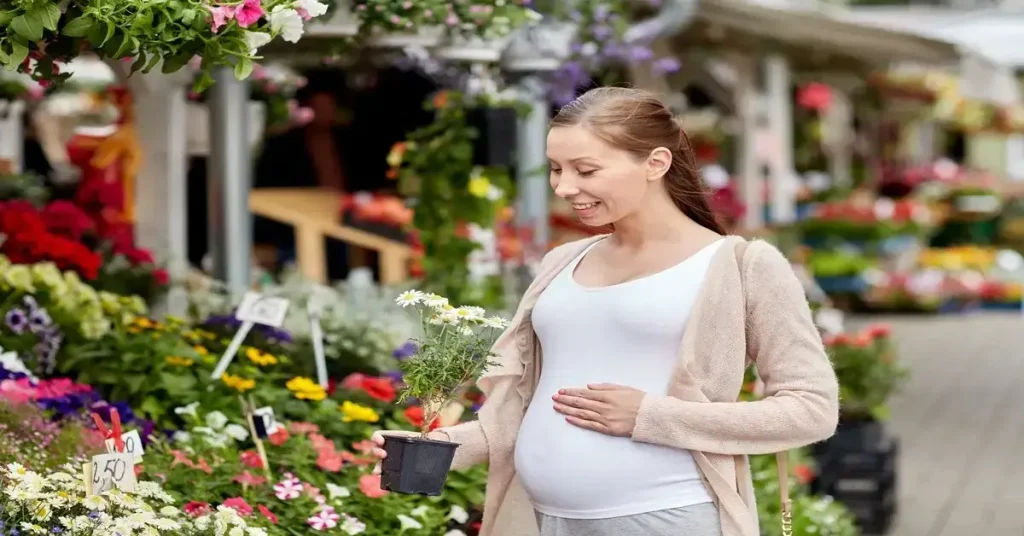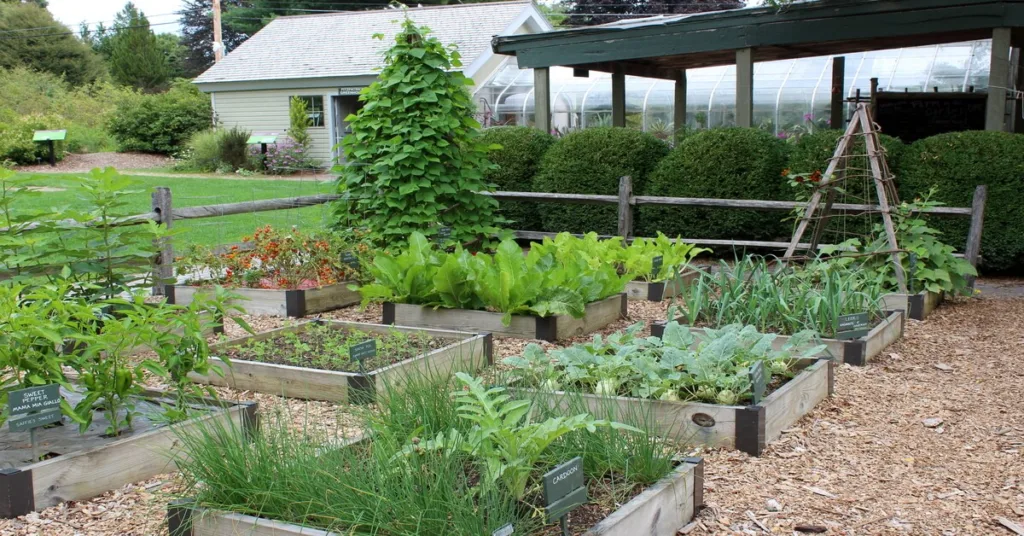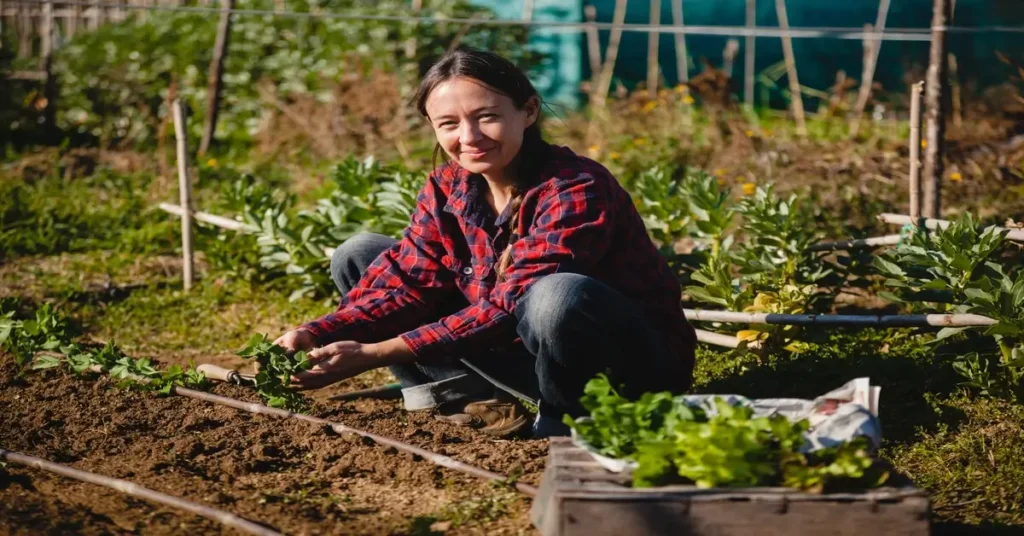Gardening during pregnancy can be a source of immense joy and tranquility, a chance to connect with nature while awaiting new life. However, as expectant mothers tend to their gardens, it’s crucial to consider safety precautions safeguarding both the unborn child and the mother. Handling garden soil, which may harbor the parasite causing toxoplasmosis, and ensuring proper hygiene by washing hands are vital steps.
This guide aims to navigate the do’s and don’ts of gardening while pregnant, ensuring that this nurturing activity remains a safe and enjoyable part of prenatal life.
Understanding the Risks of Toxoplasmosis in Gardening

The Threat of Toxoplasmosis to Pregnant Gardeners
Toxoplasmosis, a concern for pregnant women working in the garden, is caused by a parasite often found in contaminated soil and cat feces. This infection can lead to serious health issues for unborn children, including blindness and mental disabilities. Awareness and understanding of toxoplasmosis are essential for expectant mothers who enjoy gardening.
Precautions to Mitigate Risk
To stay safe, pregnant gardeners should wear gloves and wash their hands thoroughly after gardening to avoid exposure to toxoplasmosis. It’s advisable to wear long sleeves and take extra precautions to keep cats out of the garden, especially from areas where they might use the soil as a litter box. By following these safety measures, mothers-to-be can reduce the risk of contracting toxoplasmosis and ensure a healthier pregnancy while continuing to garden.
Embracing the Benefits of Gardening During Pregnancy
Nurturing Mind and Body
Gardening while pregnant isn’t just safe with the proper precautions; it’s beneficial. This peaceful pastime can be a great way to keep the body moving and engage in the light exercise needed to stay healthy during pregnancy. Furthermore, gardening offers an enjoyable way to get fresh air and sunshine that can boost physical and mental health.
The Therapeutic Effects of a Garden
Beyond physical activity, the garden is often a sanctuary providing mental comfort and stress relief, which is vital during pregnancy. Nurturing plants can be meditative, offering a sense of accomplishment and enjoying watching your garden grow. Pregnant women can delight in this creative outlet, reaping the rewards of their labor as they prepare for the arrival of their new addition.
Gardening Safely with Integrated Pest Management
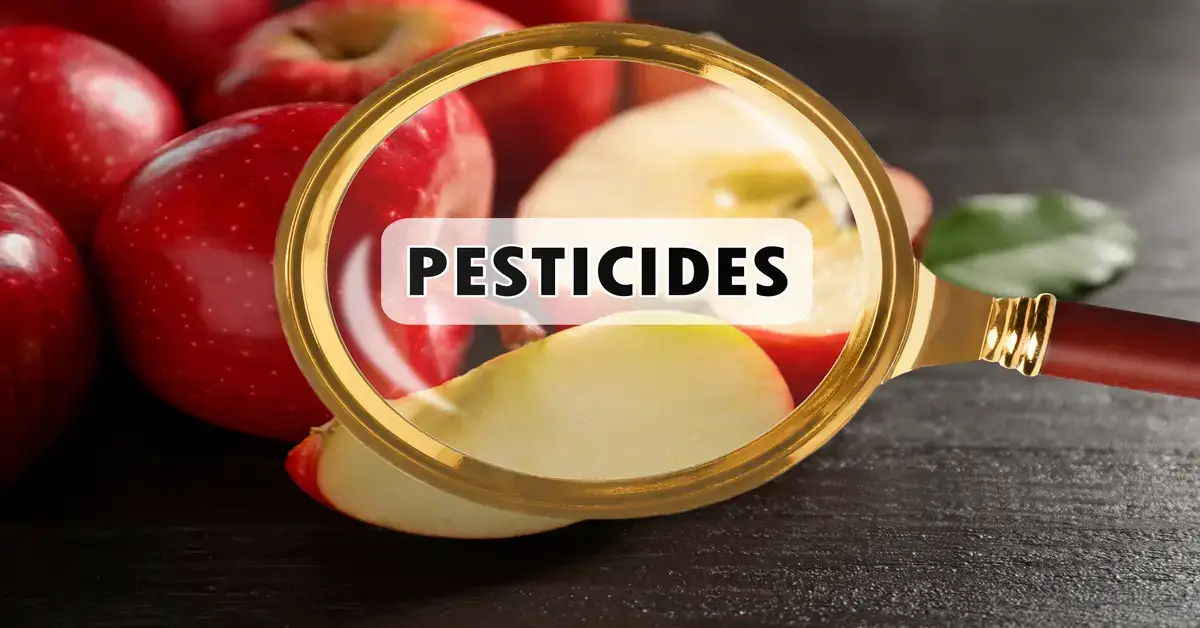
Minimizing Chemical Exposure
Pregnant women should embrace integrated pest management when controlling garden insects and diseases, using the least toxic options available. Avoiding exposure to potentially harmful chemicals found in certain pesticides is crucial. Opting for natural deterrents and remedies can keep the garden thriving without risking the mother’s or unborn baby’s health.
Implementing Non-Toxic Strategies
There are numerous non-chemical ways to maintain a healthy garden. Physical barriers like netting or plant collars can protect plants from pests. Encouraging beneficial insects that prey on unwanted pests is another effective strategy. For diseases, proper plant spacing for air circulation and selecting disease-resistant plant varieties can significantly reduce problems. By employing these methods, expectant mothers can enjoy gardening without concern for their baby’s safety.
Personal Protective Measures in the Garden
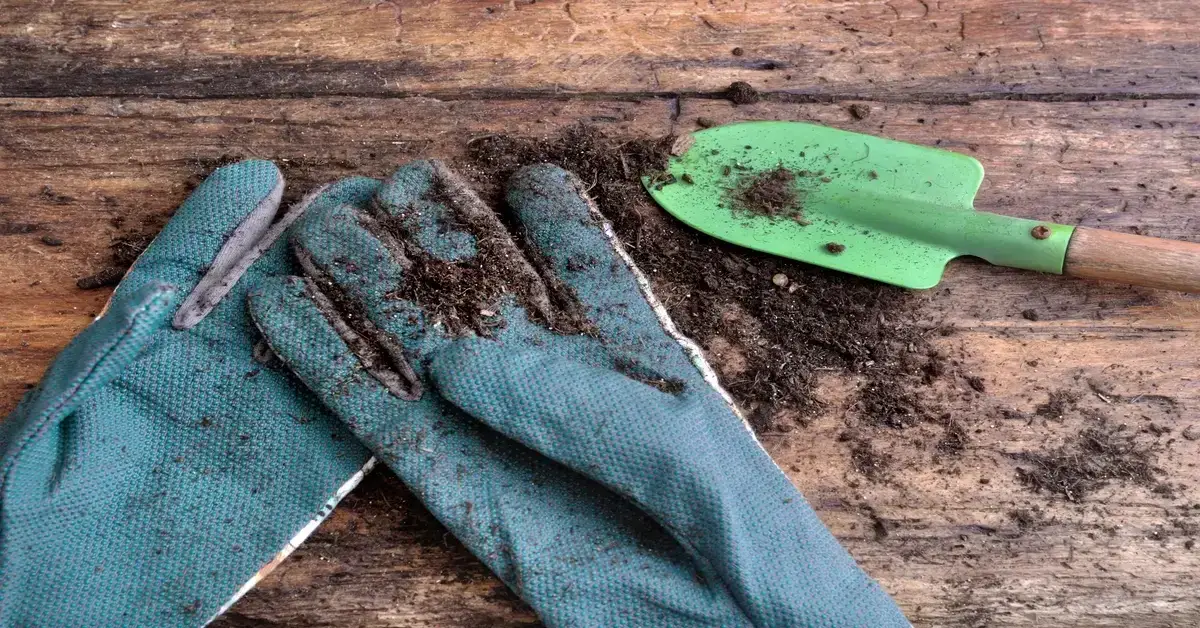
Dressing for Protection
When gardening during pregnancy, it’s important to wear appropriate attire. Donning gloves is essential to protect hands from soil that may be contaminated. Additionally, wearing long sleeves and a sun hat can shield the skin from the sun’s rays and from sharp plant material and biting insects, further ensuring the expecting gardener’s safety.
Hygiene Post-Gardening
After a session in the garden, washing your hands thoroughly, especially before eating or touching your face, is imperative. This simple act is a critical step in preventing the transmission of any harmful organisms that might have been encountered while gardening. Staying vigilant about personal cleanliness constitutes an essential precaution pregnant women can take to protect themselves and their unborn babies.
Ergonomics and Comfort for the Expectant Gardener
Prioritizing Ergonomic Practices
It is maintaining comfort while gardening is paramount for pregnant women. Utilizing ergonomic tools that reduce strain and adopting gardening methods that minimize the need for bending or kneeling can help manage physical stress. For tasks that require close contact with the soil, using a gardening stool or pad can provide support and ease the pressure on the back and knees.
Setting Limits to Maintain Health
Expectant mothers must listen to their bodies and avoid overexertion. Gardening should be done in moderation, and tasks that involve heavy lifting or extensive physical labor should be avoided or delegated. Taking frequent breaks, staying hydrated, and avoiding the hottest parts of the day can help prevent fatigue and overheating, ensuring that gardening remains a safe and enjoyable activity throughout pregnancy.
Safe Gardening Practices for Expectant Mothers
Avoiding Hazardous Materials
Gardening often involves contact with various materials, and pregnant women should be especially cautious of specific hazards. It’s vital to avoid exposure to pesticides, herbicides, and insecticides, which may harm the developing baby. Pregnant gardeners should either opt for organic gardening solutions or get someone else to apply any chemical treatments.
Creating a Pregnancy-Friendly Garden
Expectant mothers should also consider the layout and design of their gardens. Opting for raised beds or container gardening can reduce the need to bend down, making the gardening experience more comfortable. Additionally, choosing low-maintenance plants and utilizing mulch to control weeds can minimize the need for constant upkeep, allowing pregnant gardeners to enjoy their hobby without undue strain.
Conclusion
In conclusion, with the proper precautions, such as wearing gloves and washing your hands post-gardening, it is safe to garden while pregnant. By being mindful of these practices, expectant mothers can continue cultivating their love for gardening, reaping the therapeutic benefits while ensuring the safety of their unborn child.

